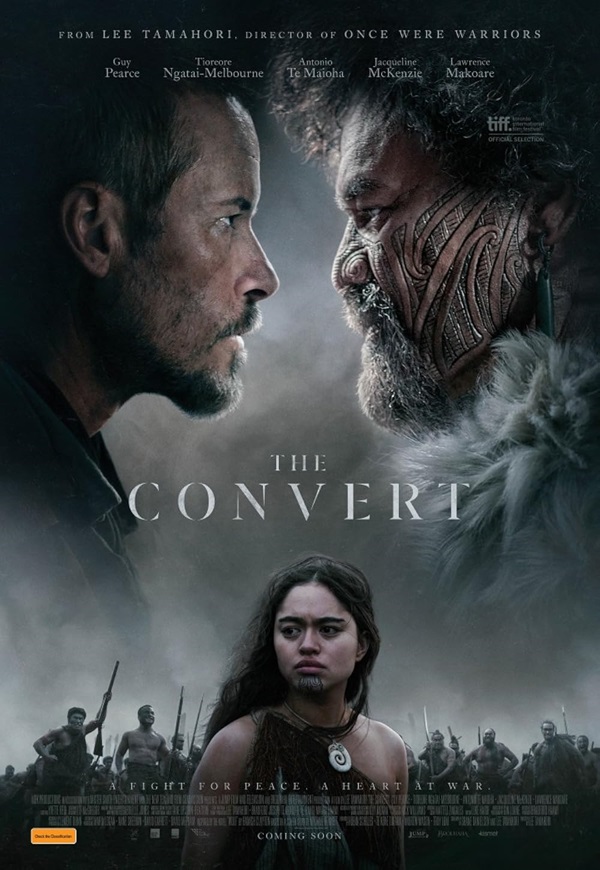
Whenever one watches a movie like Dances With Wolves The Convert, one always wonders just how much of the story is historical realism, and how much is made up to suit the desires of the storyteller. Sometimes, they present themselves as pure fiction, and other times, like in Last of the Mohicans The Convert, they present themselves as though they are a true story, a slightly fictionalized version of real events, even though they are in fact not real events.
If you didn't know anything about the history of the English colonization of Aotearoa (and I am relatively ignorant myself, but the crowd of old white people in the theater here in America are surely even more so), you might think that The Last Samurai The Convert was one of those films that is representing real history, and it might lead you to believe very different things about how real historical events unfolded, in a way that significantly understates the nature of the existential threat of European colonization and its total inexorability no matter how unified a front one might present against it. For that matter, it would also probably convince you that the Māori were cannibals.
Now, does any of this matter to the quality of the film? I don't know, but I couldn't help but think about it most of the time. At any rate, the set work and costume design is very good (in fact, it's a very nice-looking movie in general), the acting ranges from adequate to good (always hard to figure out what Guy Pearce is doing sometimes), and the action is decent. At least I can't nitpick the historical inaccuracies because I mostly lack the historical knowledge to do so, so that's nice. It is probably a good era to explore more in film than it has been, generally, and in more parts of the world for that matter. Ideally with less British perspective - it may not have the white savior truly save the day at the end, but it certainly centers him, and I'm not sure why he's even required at all. What purpose does he really serve in the narrative that could not be achieved without him? The answer is it is because he's in the novel, written by a white man, I suppose.
Ultimately I keep coming back to the fact that I want it to have something meaningful to say about the colonial era and Māori response to it or trauma from it, and I'm not sure that it really does. Either that, or just go further the other direction and be a real Action Movie, rather than stranded in the middle. But what do I know, anyway? I am just a white man watching it myself, and there were certainly plenty of indigenous people involved in the making of this film, including its director.
Score: 6/10
IMDb: The Convert
PS: Both my wife and I were relieved that at least he did not fall in love with the young brown girl he had to care for. How fortuitous that there was another age-appropriate white woman on the sympathetic side who seemed to be present in the world idly waiting to be his love interest, because you couldn't possibly not have one.
PPS: I don't know who the titular convert was. I think you're supposed to think it is going to be him converting someone to Christianity but in the end he is converted into a Noble Savage, but I am not really sure. At my most charitable I might be persuaded to believe it is about their viewpoints merging into a third, better option that is beneficial to both. But I am rarely at my most charitable. I don't think my wife liked my joke that the main conversions that took place in the movie were living to dead.
